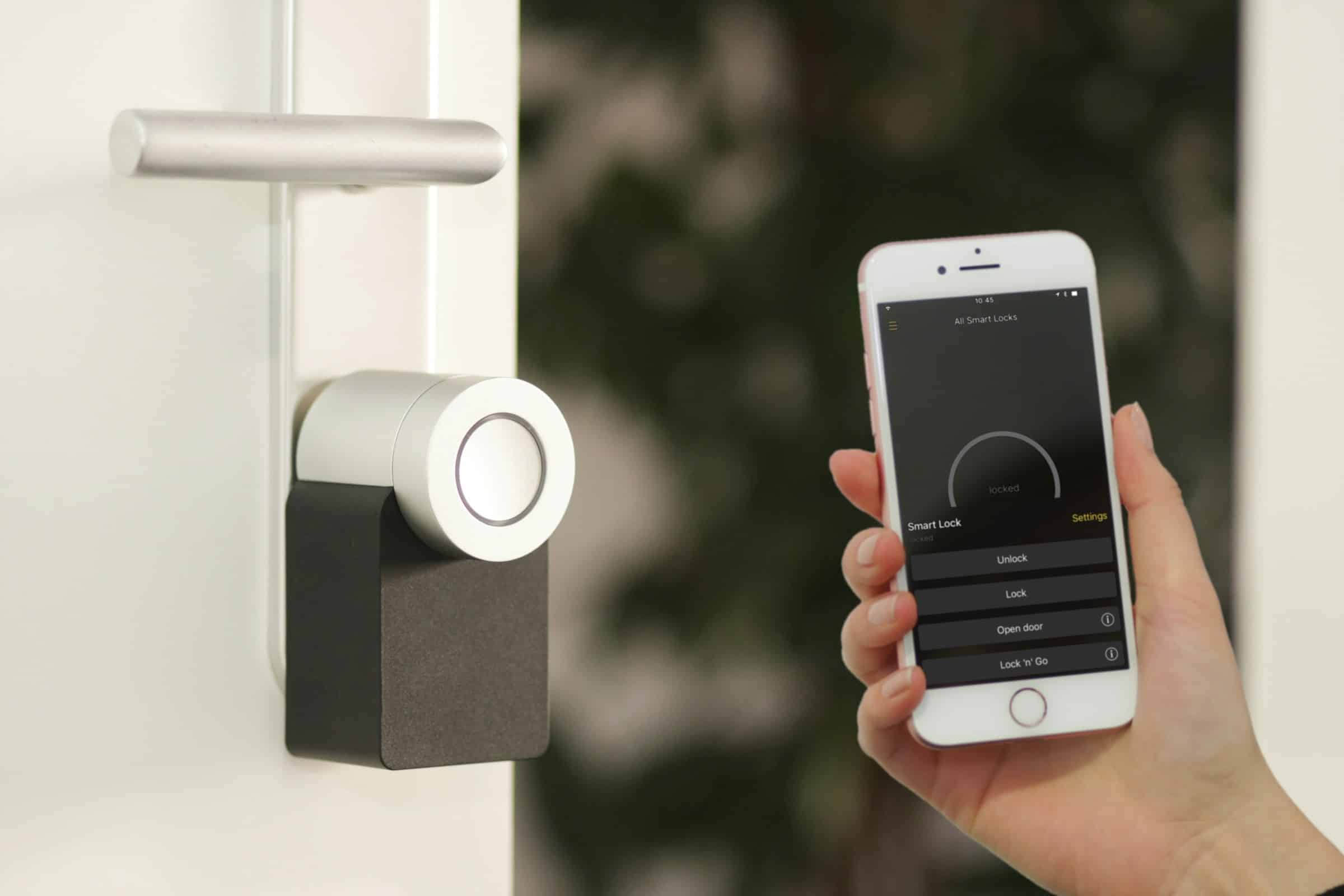What are the considerations for implementing AI in smart home security systems?

In an era where technology is increasingly shaping our lives, the promise of a smart, AI-powered home has become more of a reality than a distant dream. But as with any technological advancement, there are certain considerations that need to be addressed before fully embracing it. This is particularly true when it comes to implementing AI in smart home security systems.
Understanding the Potential of AI-Powered Home Security Systems
The integration of AI technologies into home security systems is transforming the way we protect our homes. However, before diving into this sea of potential benefits, it's important to understand exactly what AI can bring to the table.
Additional reading : How can AI-driven predictive maintenance reduce downtime in manufacturing?
Artificial intelligence, or AI, is a branch of computer science that involves the creation of machines capable of learning and making decisions. In the context of home security, AI can be used to analyze vast amounts of data collected by security devices, identify patterns, and make informed decisions about potential threats.
For instance, AI-powered security cameras can use facial recognition technology to differentiate between residents of the home and strangers, alerting homeowners or even law enforcement if they detect an unfamiliar face. Similarly, AI can power predictive analytics to foresee security breaches based on historical data and trends, which can significantly reduce the chances of break-ins.
Also to read : How can blockchain technology enhance data security in healthcare?
Thus, the potential of AI in home security is immense and can revolutionize the way we secure our homes. However, the integration of such advanced technology is not without its challenges and concerns.
Balancing Security and Privacy
One of the biggest challenges in implementing AI in home security systems is balancing security needs and privacy concerns. While AI-powered systems can provide enhanced security, they also raise significant privacy issues.
The vast amount of data collected by AI-powered devices can include very personal and sensitive information. For instance, security cameras may record private moments, and AI-powered automation systems may learn personal habits and routines. This data, if mishandled or misused, could lead to serious privacy breaches.
Consequently, it’s crucial to ensure that the data collected by these devices is securely stored and used in a manner that respects the privacy of the home's residents. This might involve implementing robust data security measures, setting clear boundaries for data collection and use, and ensuring that users have control over their data.
Learning to Trust AI-Powered Solutions
Trust is another critical factor when implementing AI in home security systems. To willingly integrate AI-powered security solutions into their homes, people need to trust the technology and those who control it.
This trust isn't easily earned. It will come only when AI-powered systems prove themselves to be reliable, safe, and effective at securing homes. Additionally, people need reassurances that their data is safe and won’t be misused.
Manufacturers and service providers must, therefore, strive to build this trust. Clear communication about how the technology works, what data it collects, and how it uses this data can help. Demonstrating the effectiveness of the security measures and maintaining a track record of protecting user data can also go a long way in building trust.
The Importance Of User-Friendly Interfaces
While AI is a complex technology, it doesn’t mean that its application in home security systems should be complicated. One of the key considerations when implementing AI in these systems is ensuring they are user-friendly.
The goal of smart home technology is to make life easier. As such, AI-powered security systems must be easy to install, operate, and manage. They should fit seamlessly into people's lives and their homes' existing infrastructure. Overly complicated systems that require extensive technical knowledge to operate can deter many potential users.
Preparing for the Future of Surveillance
As technology progresses, so too will the capabilities of AI-powered home security systems. It’s crucial to consider not only the current state of this technology but also its future potential.
Next-generation AI-powered systems might not just react to security threats, but predict and prevent them. They might integrate with other smart devices in the home, creating a cohesive and comprehensive security solution. They could even take on tasks beyond security, such as energy management or maintenance.
However, these advancements will also bring new challenges and concerns. As such, when implementing AI in home security systems, it’s crucial to stay ahead of the curve and prepare for the future of surveillance. This includes continuously evaluating and updating security and privacy measures, staying informed about advances in AI and smart home technology, and adapting systems to meet changing user needs and expectations.
By keeping these considerations in mind, we can harness the potential of AI in home security systems while managing the associated challenges. AI has the power to revolutionize home security, but it must be implemented thoughtfully and responsibly to truly benefit homeowners and society at large.
Adapting Machine Learning and Deep Learning Technologies
Machine learning and deep learning, two subsets of AI, play a significant role in enhancing the capabilities of home security systems. However, their adaptation in this context is not without challenges.
Machine learning allows systems to learn and improve from experience. It involves training an algorithm with a dataset, which it uses to make predictions or decisions. In a smart home setting, machine learning can help enhance the accuracy and efficiency of security systems. For instance, it can help identify potential threats based on historical data, enabling the system to respond in real-time.
Deep learning, on the other hand, is a more complex form of machine learning. It involves artificial neural networks that mimic the human brain's functioning, allowing the system to learn from vast amounts of data. Deep learning can power advanced features like facial recognition and voice assistants in smart homes, enhancing their security.
However, implementing these technologies requires significant computational power and data. Additionally, these systems need to be trained with relevant and diverse data to ensure their accuracy and reliability. Another challenge is ensuring the privacy and security of this data, which requires robust data protection measures.
Despite these challenges, the potential benefits of machine learning and deep learning make them worth considering for smart home security systems. Their implementation can enhance the system's effectiveness, allowing for more precise threat detection and a more secure home.
Privacy Concerns and Access Control in IoT Devices
Internet of Things (IoT) devices play a critical role in smart homes, providing a network of interconnected devices that can communicate and interact with each other. These devices, ranging from security cameras to smart locks, can contribute to enhanced home security. However, they also raise serious privacy concerns and access control issues.
IoT devices often collect vast amounts of data, some of which can be very personal. For instance, smart cameras may capture private moments, and smart locks may hold data about residents' comings and goings. If this data falls into the wrong hands, it can lead to serious privacy breaches.
Access control is another significant concern. With many IoT devices being remotely accessible, they are potentially vulnerable to unauthorized access. This could allow hackers to manipulate the devices, compromising the security of the home.
To mitigate these risks, robust data protection measures are crucial. This might involve using encryption to secure data, implementing strong access controls, and regularly updating devices to protect against security vulnerabilities. Furthermore, users need to be educated about these risks and how they can protect their data and devices.
Artificial intelligence holds immense potential for revolutionizing home security. From enabling real-time threat detection to powering advanced features like facial recognition, AI can significantly enhance the effectiveness of home security systems.
However, as we move towards an era of AI-powered smart homes, it is essential to address the accompanying challenges. Balancing security needs with privacy concerns, earning the trust of users, ensuring user-friendly interfaces, and preparing for the future of surveillance – these are all crucial considerations.
The future of home automation is exciting, but it also requires responsible implementation. By keeping in mind the need for robust security measures, respectful privacy practices, and reliable performance, we can harness the power of AI and redefine the future of home security.
